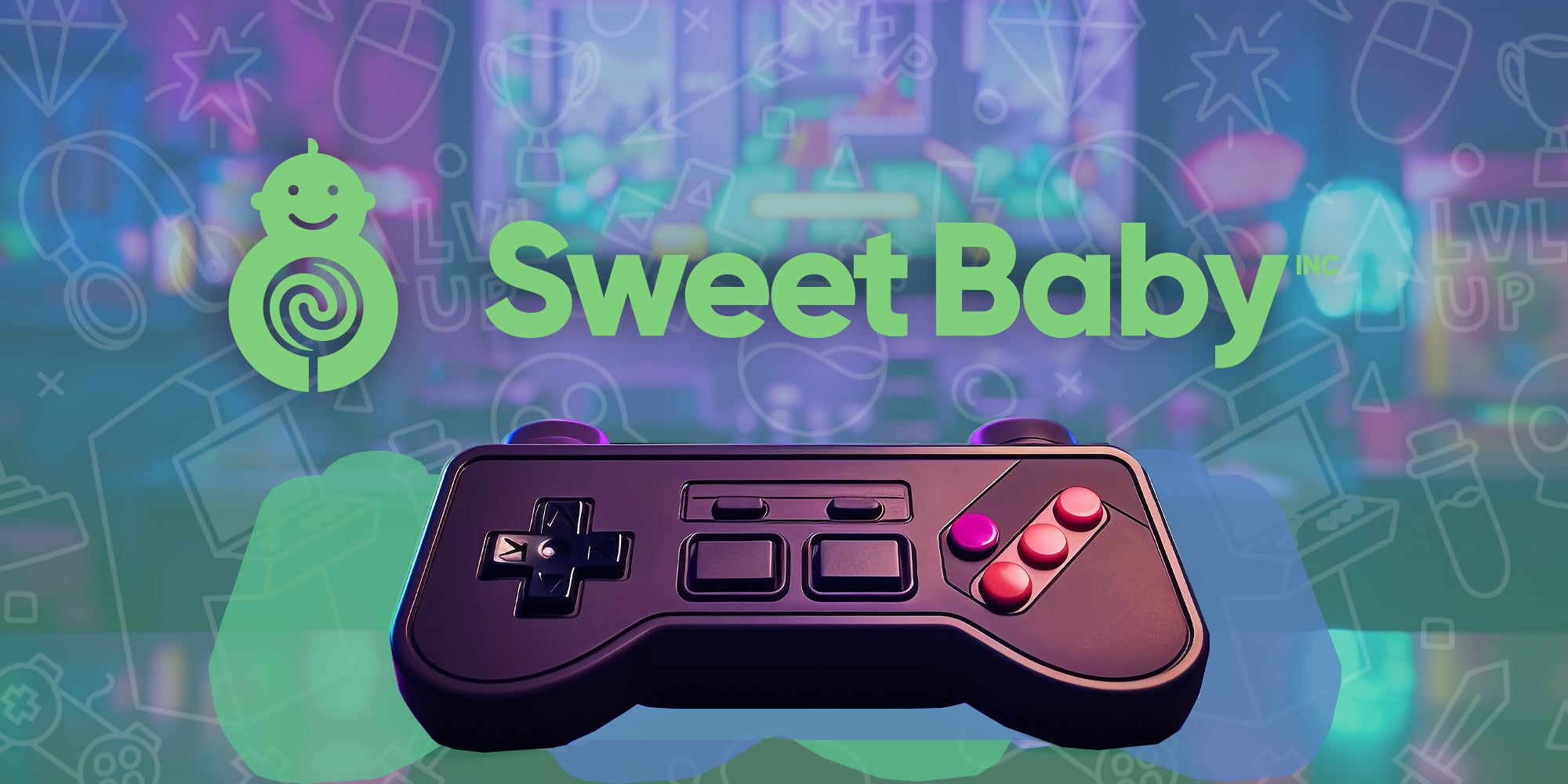
Over the past week, social media conspiracy theorists and loud-mouth gaming content creators have made Sweet Baby Inc. their number one target.
Based in Montreal and founded in 2018, Sweet Baby Inc. says on its website that its “mission is to tell better, more empathetic stories while diversifying and enriching the video games industry.” The studio has worked with large developers like Valve, EA, and Warner Brothers. It has helped produce some of the biggest budget games of the last few years — like God of War Ragnarok, Alan Wake 2, and Spider-Man 2.
But, with little evidence, anti-woke ideologues have blamed Sweet Baby Inc. for all sorts of problems, from massive studio layoffs to declining game sales.
Conspiracy theorists have labeled the company as one of the driving forces behind acronyms DEI (diversity, equity, and inclusion) and ESG (environmental, social, and governance) being pushed into games. Mary Jane looks “manlier” in Spider-Man 2, and there’s a black female protagonist in Alan Wake 2 — so according to these gamers, there’s got to be a connection.
But if you look at the details and explore the story, as some brave journalists have done, you can see how and why this is all a bunch of hogwash.
“The assumption will always be that our focus is going to be on DEI. But the reality often is that we do more narrative work,” Sweet Baby CEO Kim Belair told Aftermath. “We’re a narrative consultancy. We’re not in charge of placements, we’re not in charge of building teams.”
How Did the Sweet Baby Inc. Conspiracy Theories Start?
In October 2023, a 4chan user on the /v/ video games board discussing Alan Wake 2 shared their discovery of Sweet Baby Inc.’s involvement in the game. The user described the company as “some nameless ESG company to make the safest slop possible” — despite having no evidence that the company influenced ESG initiatives in the game.
The conspiracy grew on sites like KiwiFarms. Users claimed the company was “woke” and that they “ruined an entire generation of games.” Within a few weeks, the rumors spread into other online echo chambers. On X, Sweet Baby Inc. was labeled “one of the reasons why all modern games suck.”
Griffin Gaming, a YouTuber with 220,000 thousand subscribers, said in a November 2023 video that Sweet Baby Inc. “completely infiltrated the industry.”
But after that initial spark, the messages and videos died down. Only the most chronically online viewed the company as an end-game boss.
One was X user Kabrutus. He told right-wing YouTuber Geeks and Gamers that he “started noticing patterns in some games, like ugly women and male characters being weakened to make female ones look stronger.”
So on Jan. 29, after becoming so upset that the recent title Suicide Squad: Kill the Justice League had Sweet Baby Inc.’s involvement, he started a Steam curation page. The page lists every game they ever made as “not recommended.”
The list only gained a mild amount of traction until Feb. 29, when a consultant for Sweet Baby Inc., Chris Kindred, posted now-deleted tweets about the group and asked users to report it on Steam. Steam’s Guidelines do prohibit “discrimination” and “insults or harassment,” which the curation page could qualify as.
That’s when hell broke loose. Kindred’s tweets spread like wildfire, with very fragile gamers feeling like the company was trying to silence them, and creators fanning their aggression.
Old out-of-context clips of CEO Belair were drug up. Edgy YouTubers like The Critical Drinker and SomeOrdinaryGamers added fuel to the fire with videos pulling in hundreds of thousands of views. Twitch streamer Asmongold reacted daily to the content, adding millions of more views to the controversy.
GamerGate, Part 2?
Journalists tried to cover the story, asking Sweet Baby Inc. employees what their jobs were. It turns out that they aren’t the reason there are gender or race changes in games.
“We are a narrative company,” Belair told Kotaku. “That primarily is our work. We are not censors. We have no interest in false diversity or tokenization.”
Journalists who dared to investigate the story faced intense backlash. Kotaku journalist Alyssa Mercante posted on X that she received an overwhelming amount of harassment and even death threats.
“Never forget that these journalists do not care about us,” X user Kabrutus tweeted with his newfound support. “They do not care about our hobby and the things we love.”
It’s a lot like the tactics we saw in 2014’s GamerGate, an online harassment movement built to combat inclusivity and feminism in games. Use a cause that gamers can get behind, like “there should be ethics in games journalism.” Then, twist the narrative into “games journalists can’t be trusted.”
For now, it seems like a lot of dust has settled. The Sweet Baby Inc. Steam group has reached over 250,000 followers. Kindred has gone private on X. And YouTubers are still trying to find new dirt to make videos.
Grifters know they can make money off of toxic gamers’ deep-rooted insecurities, racism, and misogyny. These unjustified hate campaigns give their fragile egos a chance to get a little bit of attention and power. And, unfortunately, to try to take any signs of diversity and inclusion out of their entertainment.




